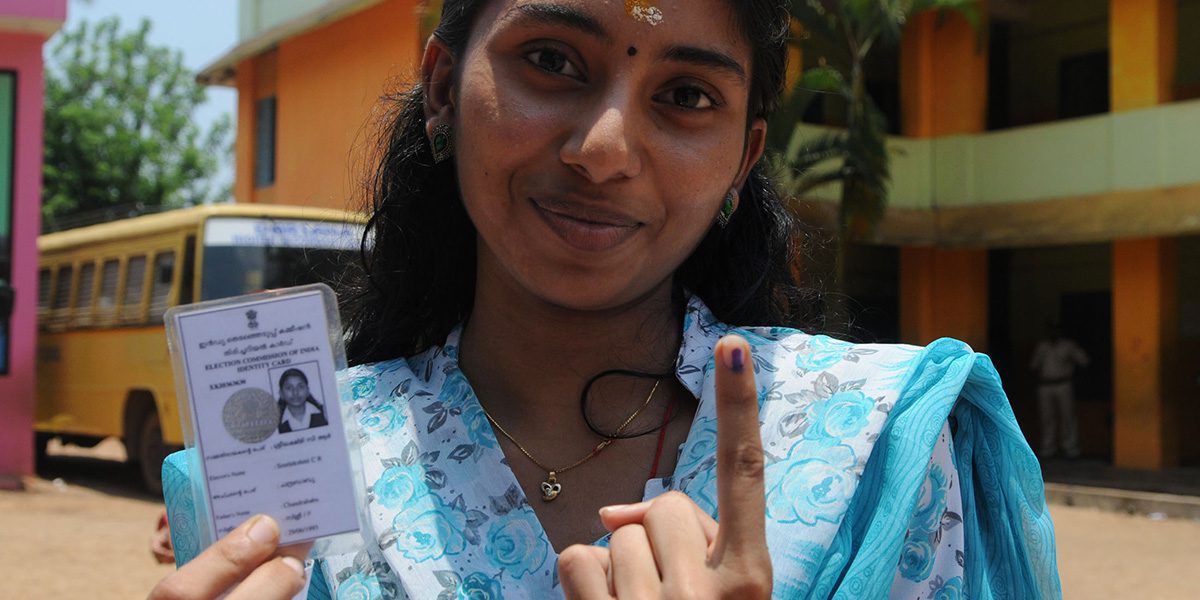Understanding Water Diplomacy Between Israel and Jordan
Wednesday, April 6, 2022 1:00 pm EST
Subscribe to the ThinkND podcast on Apple, Spotify, or Google.
Featured Speakers:
- Gabriel Mitchell, Director of Undergraduate Studies, University of Notre Dame in Jerusalem
- Dr. Daniel Blumentha, Department of Energy (DOE) Attaché,U.S. Embassy in Jerusalem
In the seventh event of the Global Dialogues series on ThinkND, Gabriel Mitchell and special guest Dr. Daniel Blumenthal discussed water and energy diplomacy between Jordan and Israel. In November 2021, Israel and Jordan signed an energy agreement where Jordan would send generated solar power to Israel in exchange for water produced from desalination facilities. This agreement will help the countries support each other’s needs and efforts to reduce climate change.
Mitchell and Blumenthal continued in a formal discussion about this agreement, followed by questions from viewers. Mitchell asked Blumenthal to explain desalination to viewers. Desalination is a process that removes excess salts and other minerals from water. Israel has a handful of desalination plants with more under construction that can be used to provide Jordan with fresh drinking water to meet the needs of its growing population. On the other end of the agreement, the water will be exchanged for solar energy produced by panels that take the sun’s energy and store it on a grid for later use. This is an energy efficient and environmentally friendly way to produce electricity.
In the past, Jordan and Israel have been in conflict with each other over land and access to resources. This energy agreement is opening new doors for collaboration between countries to have a positive impact on the environment. This is an important example of countries working together to solve an environmental issue like climate change that no country can solve on its own. Historically, the United States has paved the way for new types of renewable energy sources, so it is important for the U.S. to show its commitment to and interest in this deal between Israel and Jordan.
Mitchell and Blumenthal wrapped the discussion with questions posed by the audience. These questions included what happens to brackish water after desalination, what the outlook on desalination in the U.S. is, and information about new research involved in renewable energy. This important discussion shed light on both diplomacy and water in relation to the problem of climate change.
- In November 2021, Israel and Jordan signed an energy agreement where Jordan would send generated solar power to Israel in exchange for water produced from desalination facilities. This agreement will help the countries support each other’s needs and efforts to reduce climate change, 2:19.
- Desalination is a process that removes excess salts and other minerals from water, 7:00.
- Israel has a handful of desalination plants with a few more under construction that can be used to provide Jordan with fresh drinking water to meet the needs of its growing population, 9:00.
- This is an important example of countries working together to solve an environmental issue like climate change that no country can solve on its own, 26:00.
- “The Mediterranean is a climate change hot spot where both changes in the dynamics of upper atmosphere circulation and a reduction in the temperature difference between land and sea are drying out the region and reducing annual precipitation in the process.” — Gabriel Mitchell, 3:10
- “Israel suffered a multi-year drought some time ago and that drove them to decide that they should get more of their water from the desalination process so they’d be more resilient against droughts in the future.” — Daniel Blumenthal, 9:29
- “There’s no greater challenge that we’re all facing right now on our planet than the climate crisis and no country can solve it alone.” — Daniel Blumenthal, 26:28
Related Content
Liu Institute Series in Chinese Christianities Dual Book Launch
Christianity is the fastest-growing religion in mainland China and a large, linguistically and culturally diverse Chinese diaspora, which encompasses more than a fifth of the...
View EventThe Biggest Show on Earth: A Guide to South Asia Elections
The year 2024 is a big one for elections globally, but perhaps nowhere more so than South Asia, home to approximately ¼ of the world’s population. Bhutan and Bangladesh...
View EventClingen Conversations: The Irish Language in the USA
Clingen Conversations is sponsored by the Clingen Family Center for the Study of Modern Ireland at the Keough-Naughton Institute for Irish Studies, Keough School of Global Affairs...
watch video


